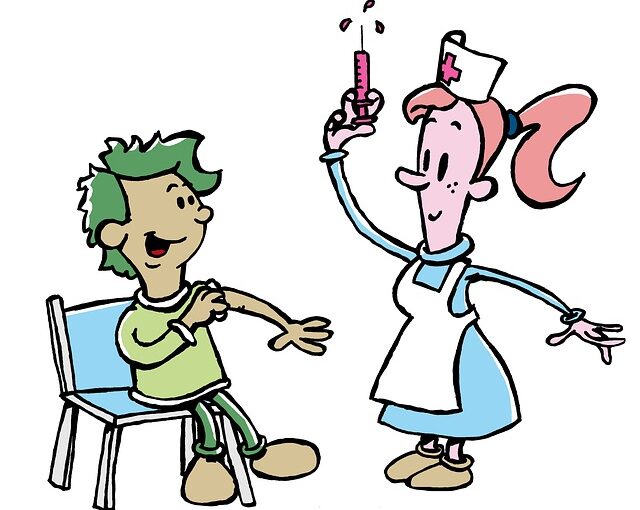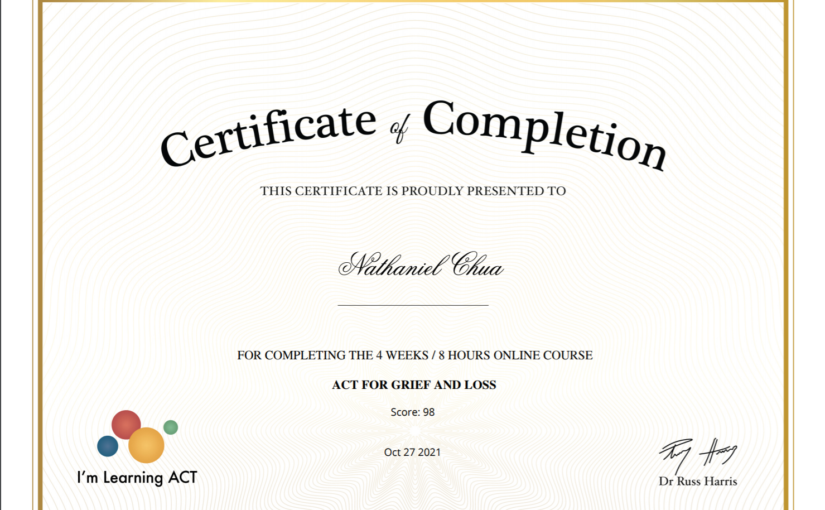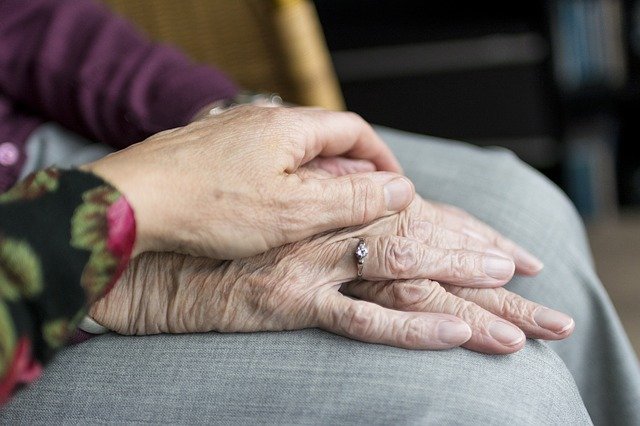by Nathan Chua
“Live as if you were to die tomorrow. Learn as if you were to live forever,”
Mahatma Gandhi
Have you come to a point in your life when you feel like as it says in the Bible, chasing after the wind? Have you ever felt like every day has become a pointless pursuit of comfort and tranquility? Has your life turned into an endless problem to solve? You go from fixing one problem after another. When’s the next challenge going to come? Will I be able to surmount the bigger ones down the line?
If you have, don’t worry, you’re not alone. I came from the same quagmire. Early in my career, I started believing that life was about fulfilling a role of being around to be the problem solver. Furthermore, I had learned from my history that the secret to the good life is the comfortable life. One in which I can be the great problem solver, conquering one obstacle at a time until there remain only the easier ones. I dreamt of eventually coasting along as I moved into old age.
I lived that way for the first 20 years of my working life. People around me would notice how I looked then. I often carried a tired and angry expression on my face; always on alert for the next challenge that comes my way. I was the hero who was always ready to come to the rescue.
To borrow a metaphor I saw in a YouTube video, you can view a rabbit running across from a window, but you wouldn’t know if that rabbit was going for a carrot or running away from a predator. I was like that rabbit that people saw from a window. One couldn’t tell if I was in business because I simply enjoyed doing it or if I was doing it to avoid the shame that comes if I had failed in business. For those who are new here, I spent the first 20 years of my career as a businessman. A failure in business meant I had failed my family.
You would probably understand why I often looked tired and angry. Tired because life has become a struggle and angry because I didn’t see any end in sight. Life was sending me challenge after challenge to surmount. Like the rabbit running away from a predator that eventually tires out, I was exhausted escaping from the jaws of my shaming, “Whatever happens, don’t be a failure,” thoughts.
One day I woke up and started noticing the hamster wheel I was on. It was as if I was living backwards. Like some of what I learned in psychodynamic therapy, I lived hoping to come back to the safety of my mother’s womb, wishing to get back to that fetal position of a tranquil life.
That tranquil life turns out to be a mirage. No matter how much we try to avoid it, life has its challenges and running away from the feelings and thoughts that these challenges come with, is like becoming a rabbit that spends most of its time fleeing a predator, although in my case the predator is my own worst fears.
You and I can pivot towards a life in pursuit of what truly matters to us. Rabbits run away from life-threatening circumstances. We humans though can run away from our thoughts and not just actual threats to our safety. It only takes the rabbit to notice when the noise behind the bushes was just a gust of wind to make it go and pursue food or a mate. Although it is difficult, we can start to make changes in our life directions by noticing if we are spending much of our energies running away from our unpleasant internal experiences, or if we are pursuing the qualities of being and living that matter to us.
The happy rabbit is the one that pursues nourishment and the possibility of a mate. Take it from there, are you willing to start pursuing the rich and meaningful life, even if it means that your fearful inner experiences will become more evident as you go. Maybe that’s what Gandhi meant in his words. His life was mostly about pursuing something that was good and noble, rather than about running away from the dangers his mind reminded him of. He pursued the irrational move to expose himself to the dangers of a life spent for the welfare of others, and paid the ultimate price. Nonetheless, he lived, not the tranquil life, but the meaningful one. He is the quintessential rabbit moving in the direction of what he wanted to do with his time…every single minute.










